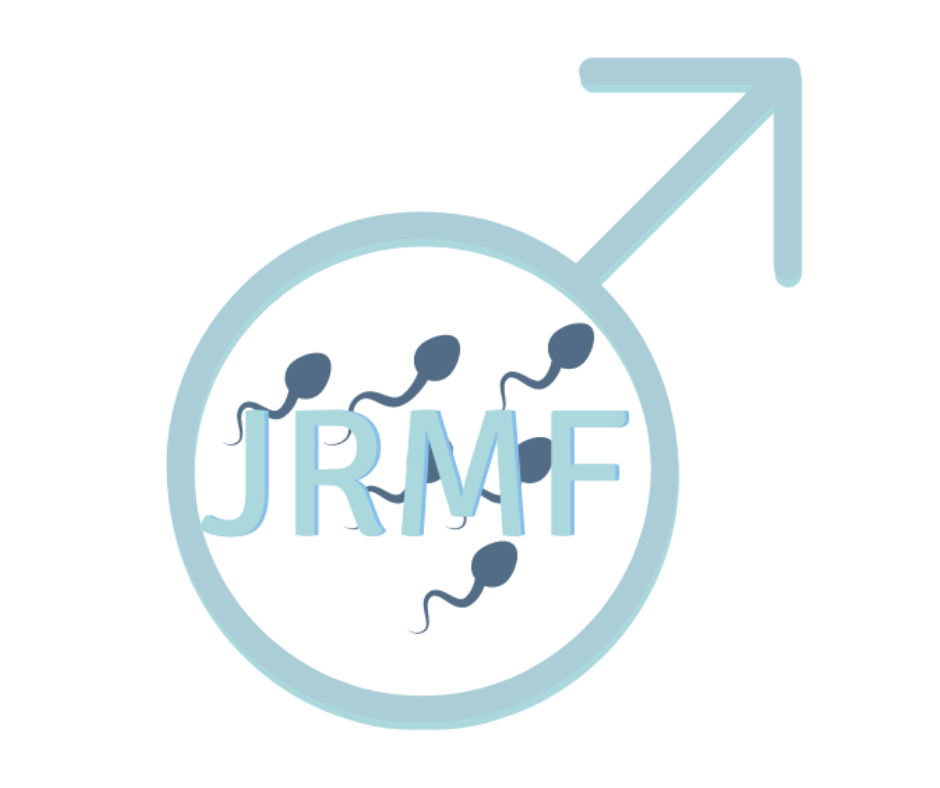Male fertility is in the news again and it is the ‘old chestnut’ of whether sperm counts are on the decline. This time it is the Mail on Sunday, not well known for academic debate, but it is a well-written article by Meike Leonard.
As usual the ‘debate’ has two contestants: Prof Shanna Swan for the motion, and Prof Allan Pacey, as usual, against. The data comes from Hagai Levine, who has spent most of his 30 years of research gathering pretty irrefutable data, with which I tend to agree. Shanna has spent even longer relating this decline to environmental toxins, mostly plastics, to endocrine disruption, which undoubtedly does impair testicular development in both animals and humans.
Allan, no less experienced in his field, is a pragmatist and points to the inescapable observation that women across the world are delaying their first pregnancy until they are over 30, and that this is the principal reason for the reduction in ‘fecundity’, or the number of births per woman needed to maintain a population.
Allan also relies upon a correct observation that sperm counts need to fall below 40 million before this is relevant to male fertility, but of course it is not just a ‘numbers game’, because sperm quality is also reduced by the same environmental and lifestyle factors.
So all of the three players – Haggai, Shanna and Allan – are correct. It is no longer a debate, sperm counts are declining, sperm quality is declining, and both the numbers of eggs (the ovarian reserve) and the quality of those eggs is also declining, due to female age at first pregnancy.
So what does all this mean in practical terms?
For the men, look after your testicles, which is watch your weight and waist circumference, do not smoke and never take steroids or hair restorers. For the women, the same applies in terms of lifestyle, but try to start earlier and do not ‘rely’ on egg freezing and future prospects of IVF.
The rest of the article relates to recent reports of humble anti-inflammatories and painkillers – Nurofen and paracetamol – which might damage male and female fertility.
So should we be worried about these simple anti-inflammatory drugs?
These seemingly safe and over-the-counter drugs are of course widely available. Not surprisingly, most of us believe – and usually correctly – that ‘if I can buy it in a supermarket, it must be safe’, but of course it may depend upon the dose and duration of use and on the underlying sperm production and quality. Theoretically, there are several biochemical and measurable effects of these drugs, which can affect both sperm numbers and sperm motility and quantity. So if you start with some impairment of sperm production, and if men regularly use these drugs, then they may just tip the scales between a fertile and an infertile state – it all depends how vulnerable your testicles are to damage before you do anything else.
So what is the most sensible advice to all of you reading this article?
Beware of too much online personal research. There is a danger that you will end up worried about swallowing almost anything and everything. You need a proper assessment – maybe two semen analyses and possibly a test of the DNA quality of your sperm, and if possible, a physical examination from a specialist who is experienced and has the time to look at the whole picture in context, so that you do not feel either isolated or powerless. It can be a very lonely place if you have removed every avenue of pleasure, and then you discover that you feel that you cannot even take a paracetamol for that headache!
So if you are struggling, find a urologist or an experienced andrologist, or a nutritionist, and have some tests. You will benefit from a diagnosis!
And to all of you whom I have seen, I wish you all well, and do let me know how you get on.


